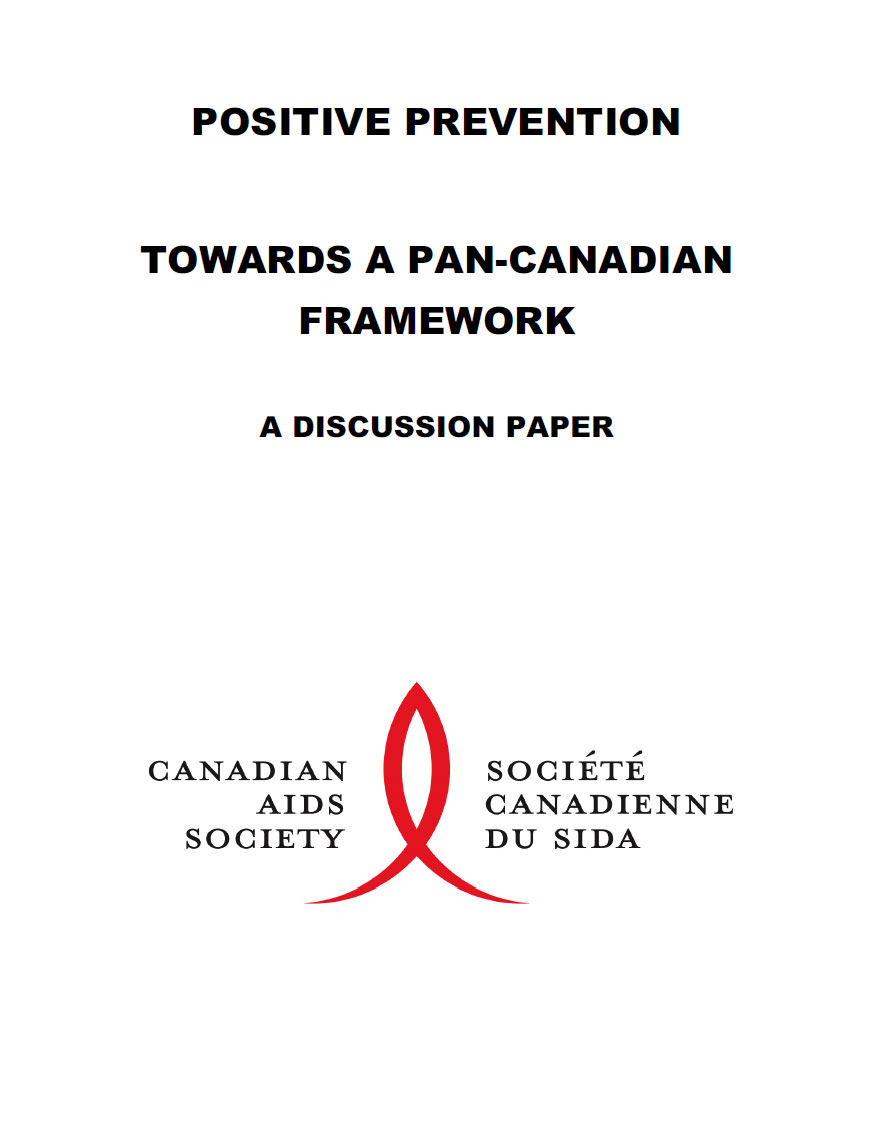A discussion paper.
There is no member of society exempt from having a role to play in the shared responsibility of HIV prevention. From parents to offspring, friends and lovers, employers to cultural, educational and religious institutions, all members of society share in the responsibility not only for self protection and the protection of others by understanding and adapting the behaviours that put us at risk for HIV transmission, but also by promoting acceptance, compassion and non-discrimination for those who are living with and affected by HIV/AIDS. Whether it be primary prevention (keeping negative people negative), secondary prevention (avoiding re-infection), or tertiary prevention (improving disease severity and disability) effective prevention strategies require that all members of society have access to the information, resources, and support necessary to ensure the protection of their health
and general well-being.

